[ez-toc]
Chinese Media’s Insulting Words and Derogatory Terms Towards Effeminate Men
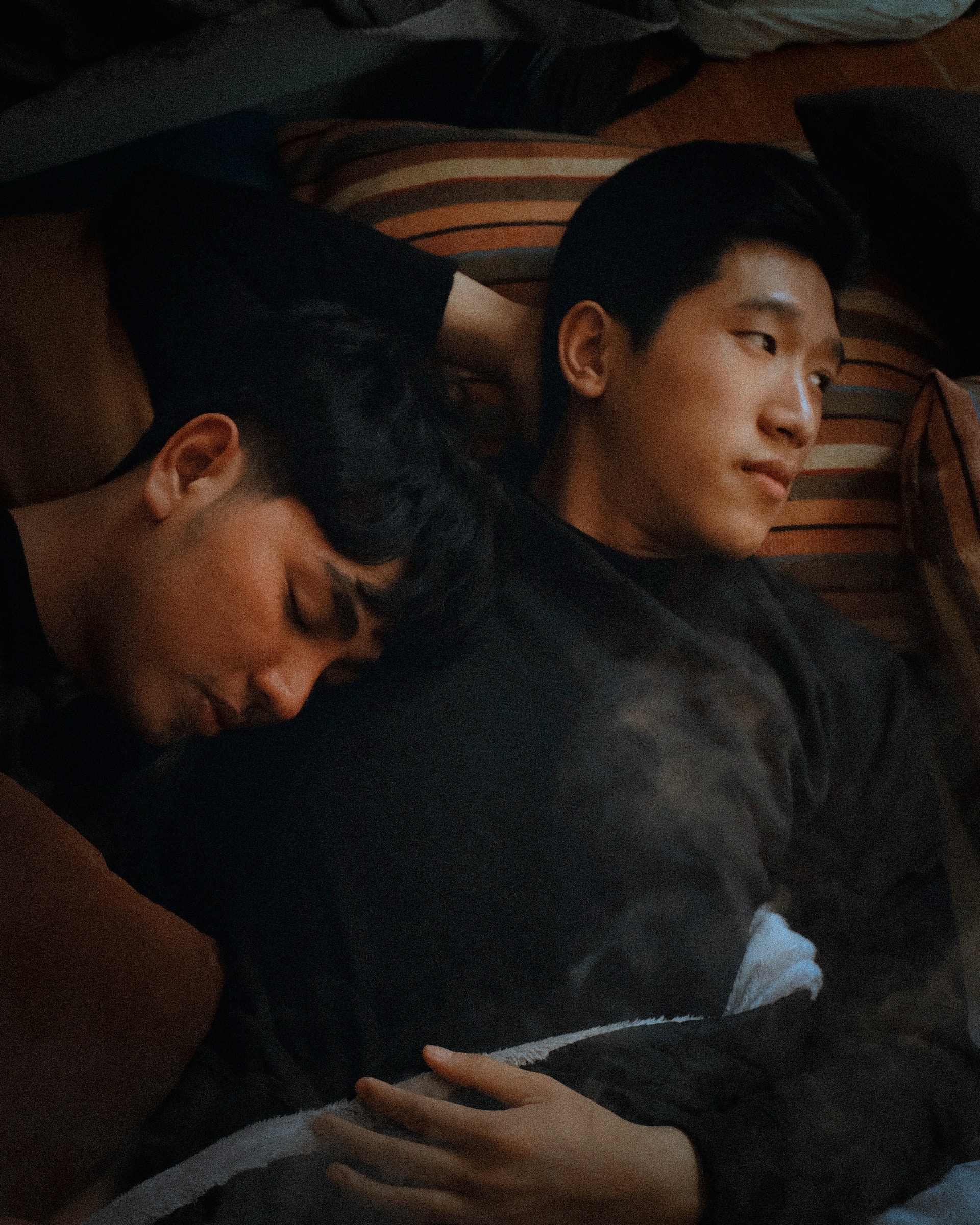
Chinese media has been known to indulge in the stigmatization of effeminate men through various means. One of the insulating words frequently used is “娘炮” (niángpào), which translates to “sissy” or “effeminate.” This term is often employed in a derogatory manner, perpetuating negative stereotypes and reinforcing traditional gender norms that devalue expressions of masculinity that deviate from societal expectations.
Chinese media often associates effeminate men with comedic relief by portraying them in humorous and exaggerated ways that emphasize stereotypical traits, gestures, or mannerisms. These portrayals are meant to elicit laughter from the audience but can also reinforce negative stereotypes and perpetuate discrimination against LGBTQ individuals.
Effeminate Men as Comedic Relief: Real-life Examples

Please follow us on Facebook.
Variety Shows and Sitcoms Stigmatising Traits Of LGBTQ Community
In variety shows and sitcoms, effeminate male characters are sometimes depicted as clumsy, sensitive, or overly emotional, often leading to comedic misunderstandings and awkward situations. Their behavior may be exaggerated to generate laughter, but it can reinforce the idea that effeminacy is something to be ridiculed.
Cross-Dressing Comedy
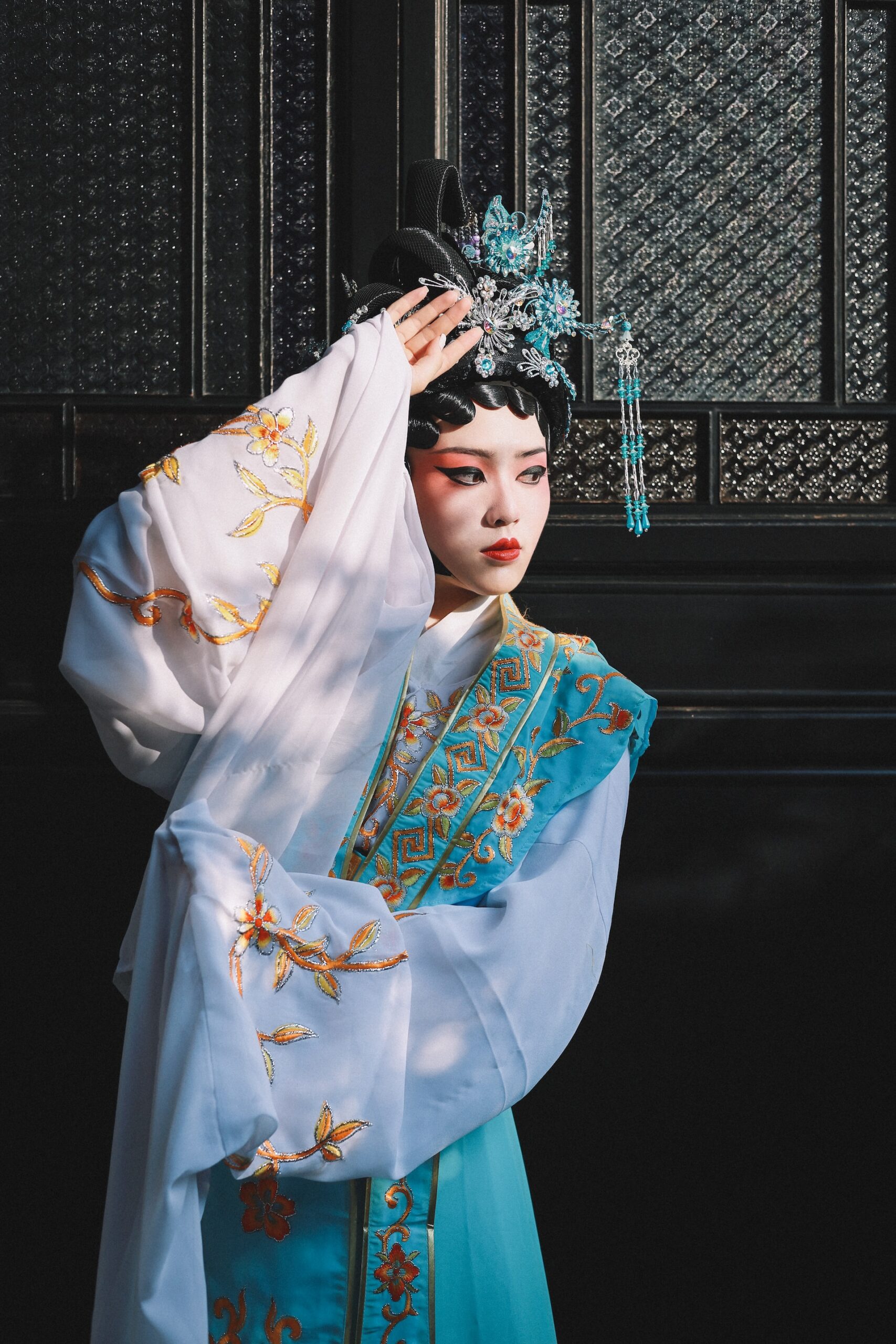
Cross-dressing performances are common in Chinese media, where male actors play female roles for comedic effect. Sometimes, the portrayal of effeminate men in these roles involves exaggerated femininity, which can perpetuate the notion that effeminate behavior is inherently comical.
Stand-up Comedy And Marginalization Of Effeminate Men

Some stand-up comedians in China have used effeminate mannerisms and speech patterns as part of their routines to create humor. While this may entertain some audiences, it can also contribute to the marginalization of effeminate men and reinforce stereotypes.
Dramas, Films And The Butt of Jokes

Effeminate male characters in dramas and films are occasionally portrayed as naive, weak, or easily influenced, leading to humorous situations or becoming the butt of jokes. These portrayals can trivialize the experiences and struggles of LGBTQ individuals and perpetuate harmful stereotypes.
Unintended Consequences: Reinforcing Stereotypes and Discrimination About LGBTQ
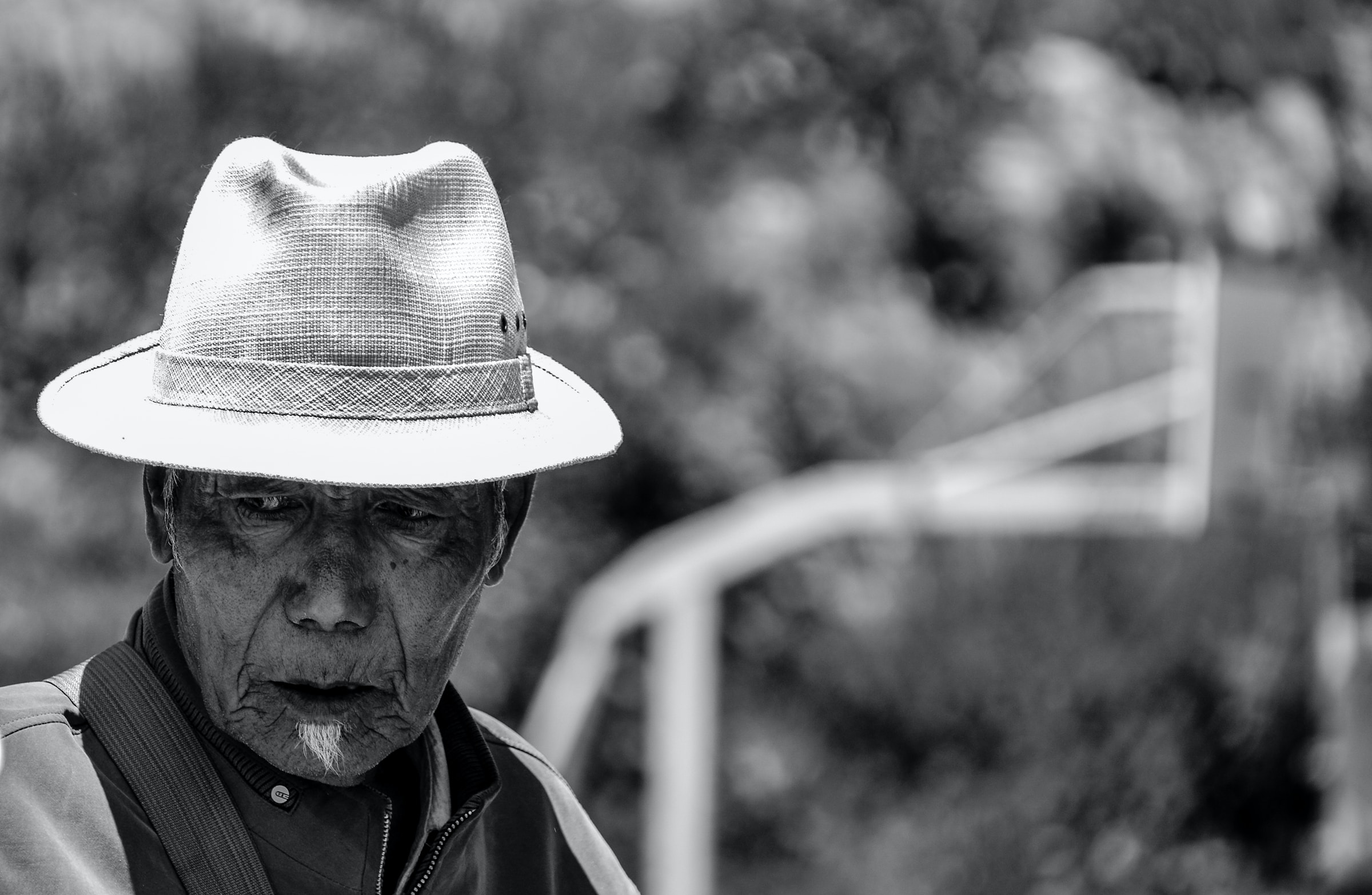
It’s essential to note that while comedic portrayals are meant to entertain, they can inadvertently perpetuate harmful stereotypes and contribute to the marginalization and discrimination faced by effeminate men and the LGBTQ community as a whole. Media representation plays a crucial role in shaping societal attitudes, and it is essential to promote more diverse and respectful portrayals of gender and sexual identities.
Traditional Chinese Cultural Values and Their Impact
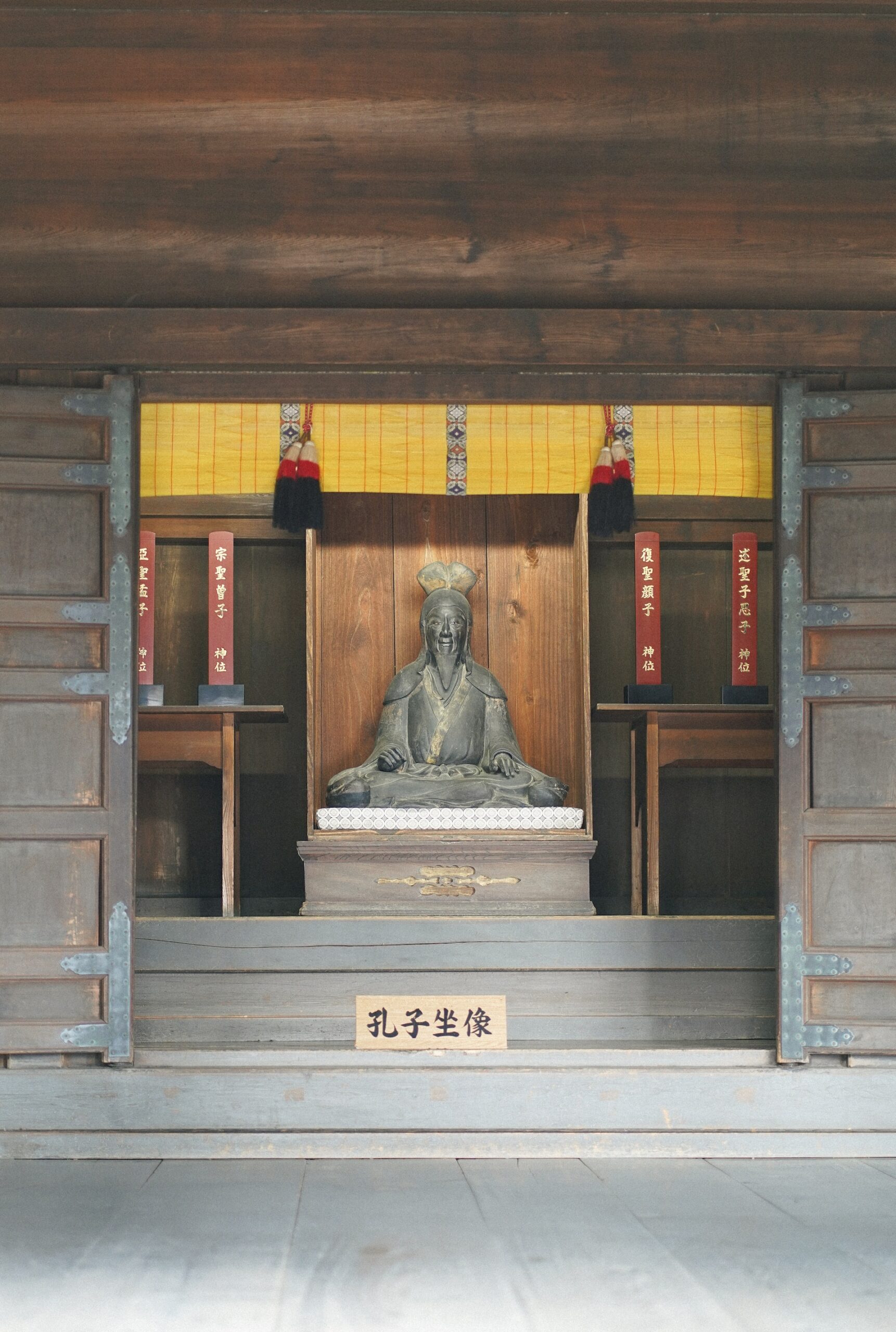
Sign up for more LGBTQ+ news and updates at TrueQueer.
China has a long history of Confucianism and traditional cultural values that emphasize adherence to gender norms and the importance of family and procreation. LGBTQ identities and expressions that deviate from these norms have often been viewed as conflicting with these traditional values.
Examples of Blind Loyalty and Absolute Obedience in China
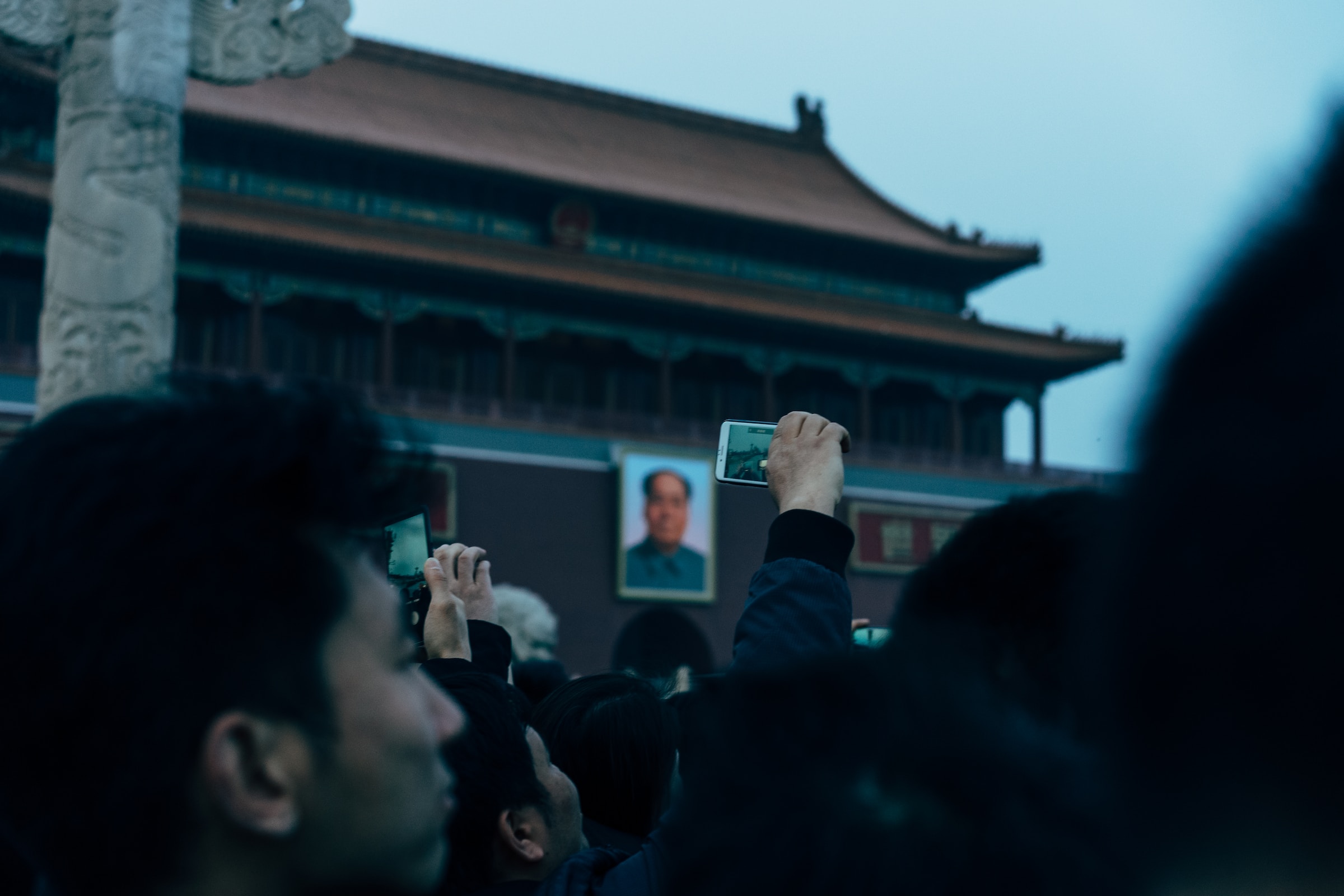
Cultural Revolution (1966-1976)
During the Cultural Revolution in China, there was a strong emphasis on absolute loyalty to Chairman Mao Zedong and his ideology. The Red Guards, a paramilitary youth organization, were known for their blind loyalty to Mao and would enforce his policies with often violent and destructive actions against perceived enemies of the state.
The Great Leap Forward (1958-1962)
The Great Leap Forward was an economic and social campaign initiated by Mao Zedong that aimed to rapidly transform China from an agrarian society to a socialist society. The government promoted unrealistic production targets and collectivization of agriculture. Local officials, in their desire to show loyalty to Mao and the party, often exaggerated or falsified reports of agricultural yields, leading to widespread famine and millions of deaths.
Tiananmen Square Protests (1989)
During the pro-democracy protests in Tiananmen Square, Beijing, in 1989, the Chinese government responded with a massive show of force to suppress dissent. The military was deployed to quell the demonstrations, resulting in the loss of many lives. This event highlighted the government’s emphasis on obedience to authority and the repression of political pluralism.
Social Credit System
The Chinese government has been implementing a social credit system, which aims to rate the trustworthiness of citizens based on their behavior. While proponents argue that it promotes a more honest society, critics express concerns about potential abuse and the stifling of dissent. The system could incentivize blind loyalty to the government to maintain a favorable social credit score.
Chinese Censorship and Media Control
The Chinese government tightly controls media and online content, limiting access to information and viewpoints that challenge the official narrative. This control reinforces the notion of loyalty to the party line and discourages dissenting opinions.
Limited Political Pluralism: Overemphasis on Loyalty and Obedience
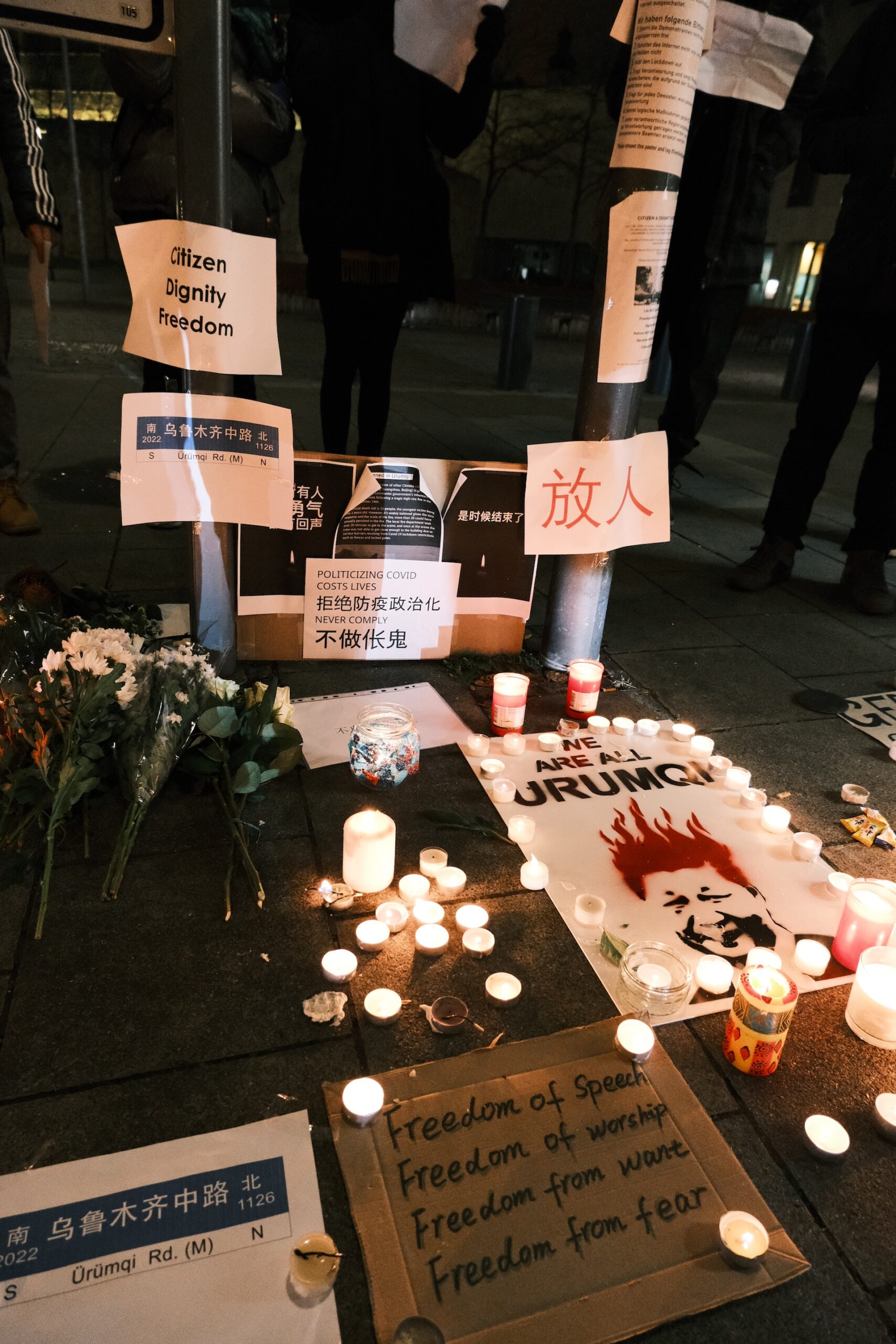
In China, there is a well-documented lack of political pluralism, as the ruling Chinese Communist Party (CCP) maintains tight control over political discourse and dissent. This control extends to various aspects of society, including issues related to LGBTQ rights and representation. The government’s emphasis on loyalty and obedience can restrict opportunities for diverse perspectives and critical thinking about LGBTQ rights and issues, making it challenging for LGBTQ individuals and advocates to voice their concerns and advocate for change.
LGBTQ Human Rights Concerns: Suppression of Dissent and Curtailed Freedoms

China has faced criticism for its treatment of LGBTQ individuals and their rights. The suppression of dissent and the curtailing of basic freedoms, such as freedom of speech and assembly, can disproportionately affect the LGBTQ community. Human rights abuses have been reported, including discrimination, harassment, and limited access to essential services for LGBTQ individuals due to the government’s emphasis on loyalty to traditional norms and values.
Lack of Accountability: Transparency Challenges
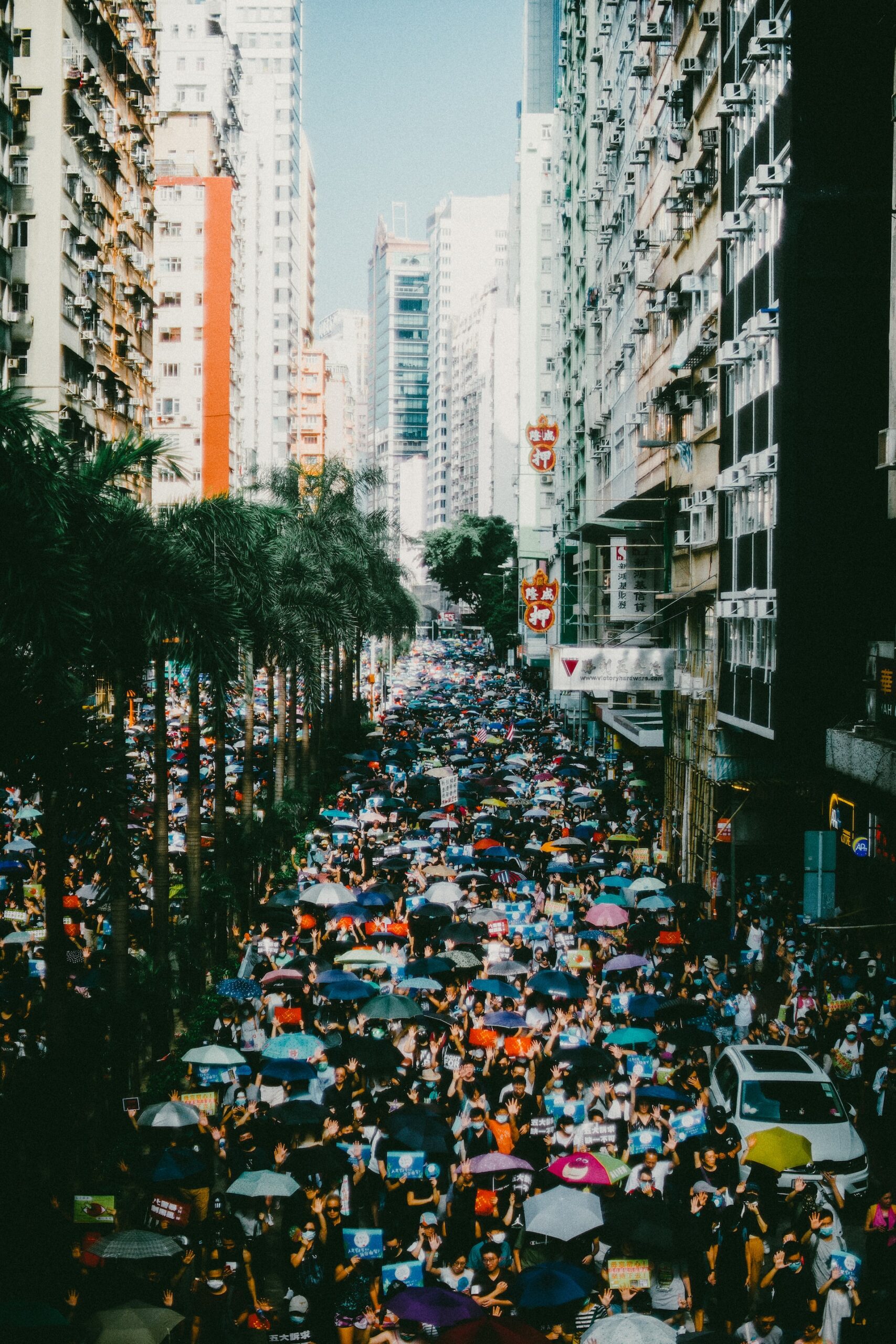
The emphasis on blind loyalty and absolute obedience to authority in China can lead to a lack of transparency and accountability when it comes to addressing LGBTQ rights issues. Without open and constructive discussions, the government may not be held accountable for its actions or lack of action in protecting and promoting the rights of LGBTQ individuals. The lack of transparency can also hinder efforts to address discrimination and promote understanding and acceptance of LGBTQ rights.
Impact on Innovation and Creativity
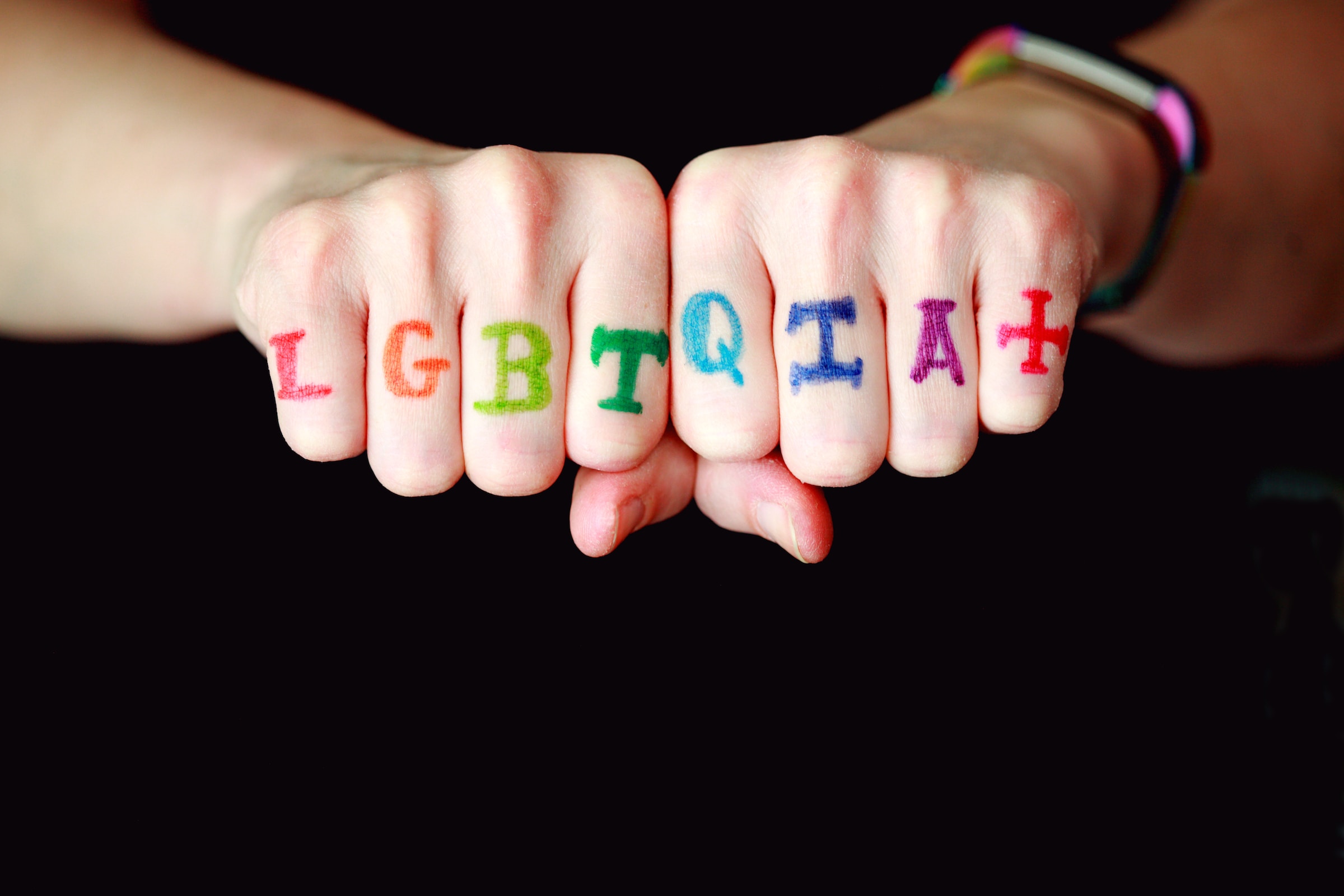
Hindrance to Progress in LGBTQ Rights**: A culture that heavily emphasizes obedience and conformity might hinder progress in LGBTQ rights and representation. Innovation and creativity often thrive in environments that encourage questioning and challenging the status quo.
In a society where the government imposes strict norms on gender and sexuality, it can be difficult for LGBTQ individuals to express themselves freely, and for society to explore new and inclusive ways of understanding and accepting diverse gender identities and sexual orientations. The suppression of individual expression and diversity of thought can limit societal progress and prevent the recognition of LGBTQ rights as human rights.
In conclusion
Chinese media’s stigmatization of LGBTQ individuals and effeminate men stems from a combination of cultural, political, and social factors. The use of derogatory terms and comedic portrayals reinforces negative stereotypes, perpetuating discrimination and marginalization of the LGBTQ community.
Furthermore, the emphasis on blind loyalty and obedience to authority in Chinese culture has significant implications for LGBTQ rights, as it limits political pluralism, curtails human rights, and hinders progress and innovation.
To foster a more inclusive and accepting society, it is crucial to challenge these harmful narratives, promote diverse and respectful media representations, and advocate for the recognition and protection of LGBTQ rights as fundamental human rights. Only through collective efforts and dialogue can China move towards a more equitable and accepting society for all individuals, regardless of their gender identity or sexual orientation.
Follow us on Facebook
![]()

![[In The Know] China’s LGBTQ Stigma Unleashed: 5 Ways Media Reinforces Stereotypes, 4 Shocking Examples of Comedic Reliefs, and 3 Subversive Effects on Human Rights! [In The Know] China’s LGBTQ Stigma Unleashed: 5 Ways Media Reinforces Stereotypes, 4 Shocking Examples of Comedic Reliefs, and 3 Subversive Effects on Human Rights!](https://truequeer.com/wp-content/uploads/2023/07/lars-zhang-57kBWCqV3jw-unsplash-1365x2048.jpg)